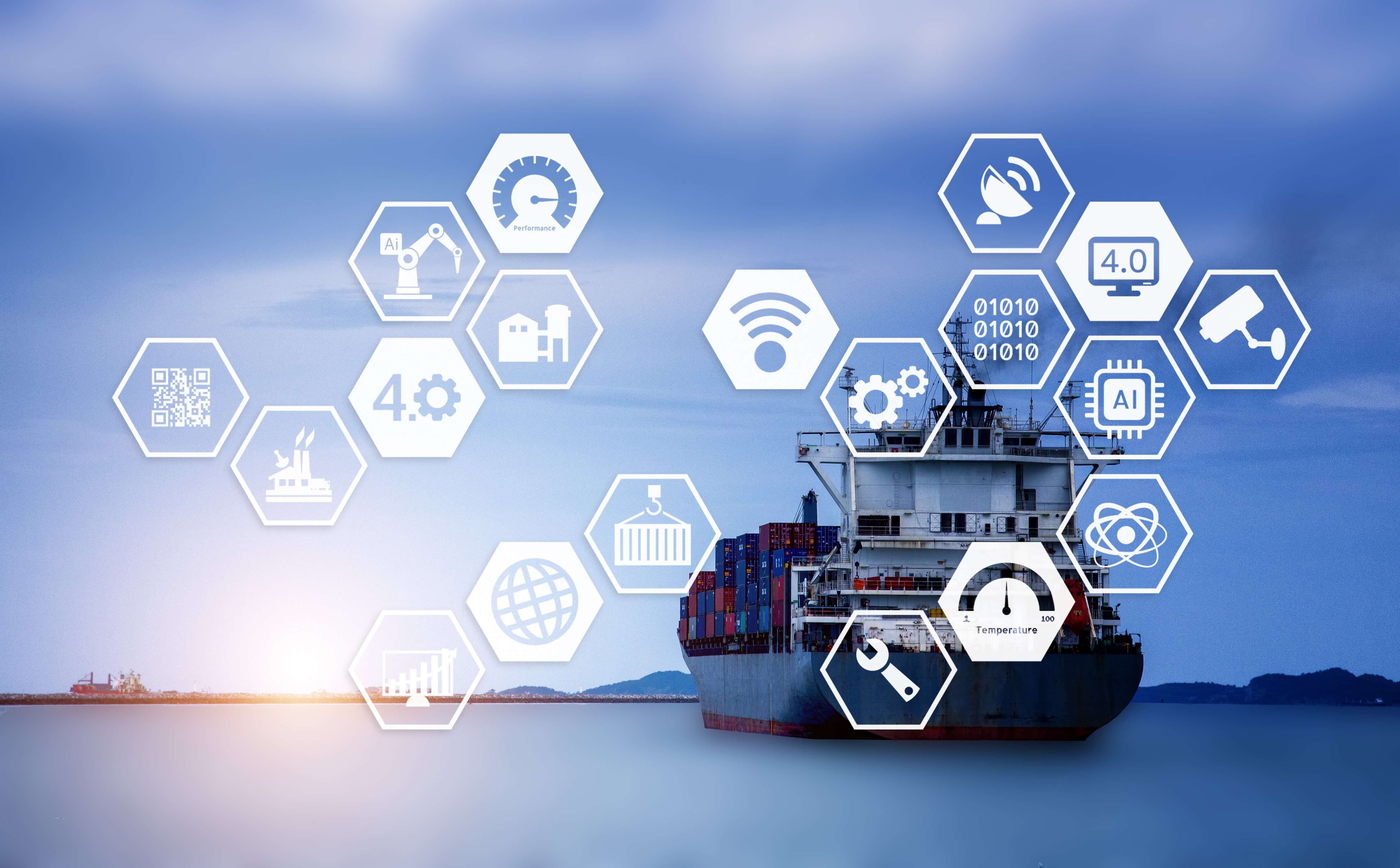Confused by Artificial Intelligence? What Logistics Pros Need to Know


Despite what you may have learned from Hollywood, Artificial Intelligence is not a creepy future technology that threatens mankind’s existence. In fact, the practical possibilities of AI are probably already familiar to you: if you’ve ever spoken to Alexa or Siri and gotten a response, then you’ve experienced AI’s ability to understand natural human speech; if you’ve played chess against a computer, you’ve had the first-hand experience with AI’s computational abilities; if you’ve ever used OCR software to convert a photograph of a business card into an entry in the contacts app on your phone, then AI saved you a bunch of data entry time.
While the technical--and pop-cultural--definition of AI has itself been evolving for decades, practical AI is first and foremost a system of learning that iterates towards making your life better. And that’s a big difference from replacing you (or destroying you, as the big screen might suggest): AI encounters data, processes and analyzes it, makes decisions, makes mistakes, learns from those mistakes, and makes new decisions while becoming a better and faster tool than before. AI is more like a hammer learning its best shape and weight than a human substitute.
AI, as the SAS Institute notes, provides benefits in many, if not every, industry. Right now, AI is still learning how to serve the logistics industry and freight professionals best.
Here are some ways AI can change logistics for the better.
Anything That’s Slow Goes
AI’s role in the logistics industry will be to make critical parts of the supply chain faster. This is the reality of logistics in the e-commerce world: everything needs to speed up to meet the freight demands on every mile from an expanding, voracious consumer base.
But let’s focus in on the freight forwarding office. What can AI do for you?
- Better Pricing - While the typical freight pricing coordinator reaches out to a small group of pre-vetted vendors to obtain shipping rates, AI-based solutions will search a broader base of carriers, rate and routing combinations, and transit times before making a recommendation or booking based on what’s most important to you, your business, and your customers.
- Route Optimization - Companies such as UPS already use AI to realize efficiencies in fuel consumption and parcel delivery times. Similarly, AI will enable freight forwarders and NVOCCs to determine optimal ports of loading and discharge based on current and historical dwell times, congestion issues, and available inventory of chassis and containers, among other factors.
- Delivery Scheduling and Dispatch Operations - The bigger the business, the worse their delivery scheduling process. Distribution centers and shop locations of major retailers struggle daily to maintain a timely schedule of deliveries from vendors. Meanwhile, truckers are constantly behind schedule for reasons beyond their control. It’s a problem that causes as much stress for receiving personnel as it does for dispatchers, and it’s almost certainly one that will have to be solved by AI coordinating on a machine-to-machine basis.
So...When Will the Robots Replace Us?
They won’t! AI will not render humans in logistics irrelevant. AI systems do large volumes of work successfully only if proper rules, set up, and querying are in place. Those rules are made by humans in logistics who will add value to AI systems based on things like their knowledge of carrier reliability, time-sensitive routings, or a client’s key performance indicators. The success criteria for a given business will continue to vary as the needs of a company and its clients' change, and human input will drive those metrics to make AI systems more effective.
The relationship between humans and AI is meant to be symbiotic: humans enrich the data and define the conditions that make an AI system functional, and the system makes logistics jobs simpler and more efficient while returning a key resource freight forwarders are always running out of: time.
Higher-value AI will allow logistics pros to offer higher-value service. And in the freight world, that will always be your best value-add, deliverable virtually entirely by humans.
As we’ve always said: in logistics, tech enables, not replaces.
See how CoLoadX is using technology to help freight forwarding professionals with our free Marketplace:
By: CoLoadX on June 28, 2019, 12:25 p.m.